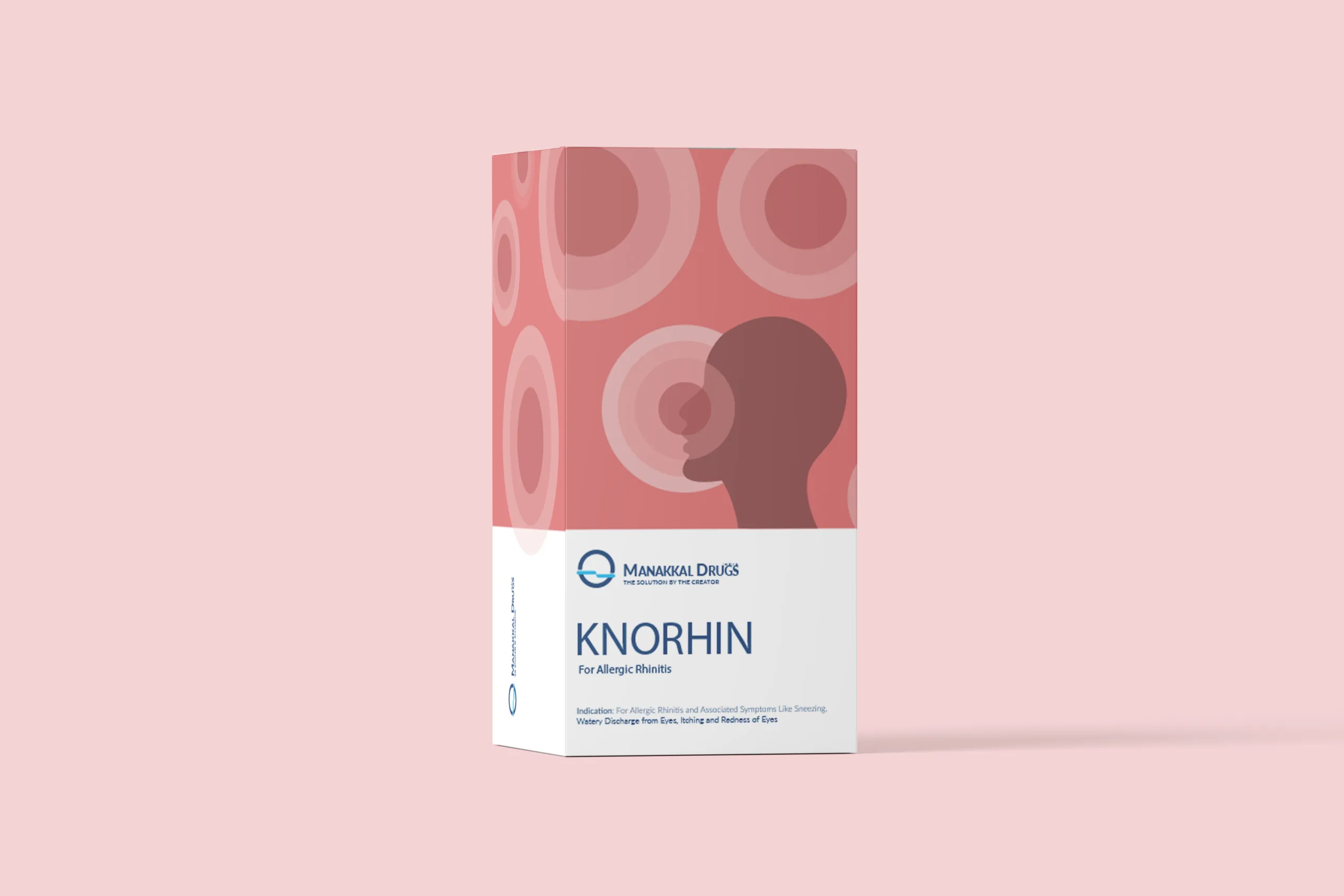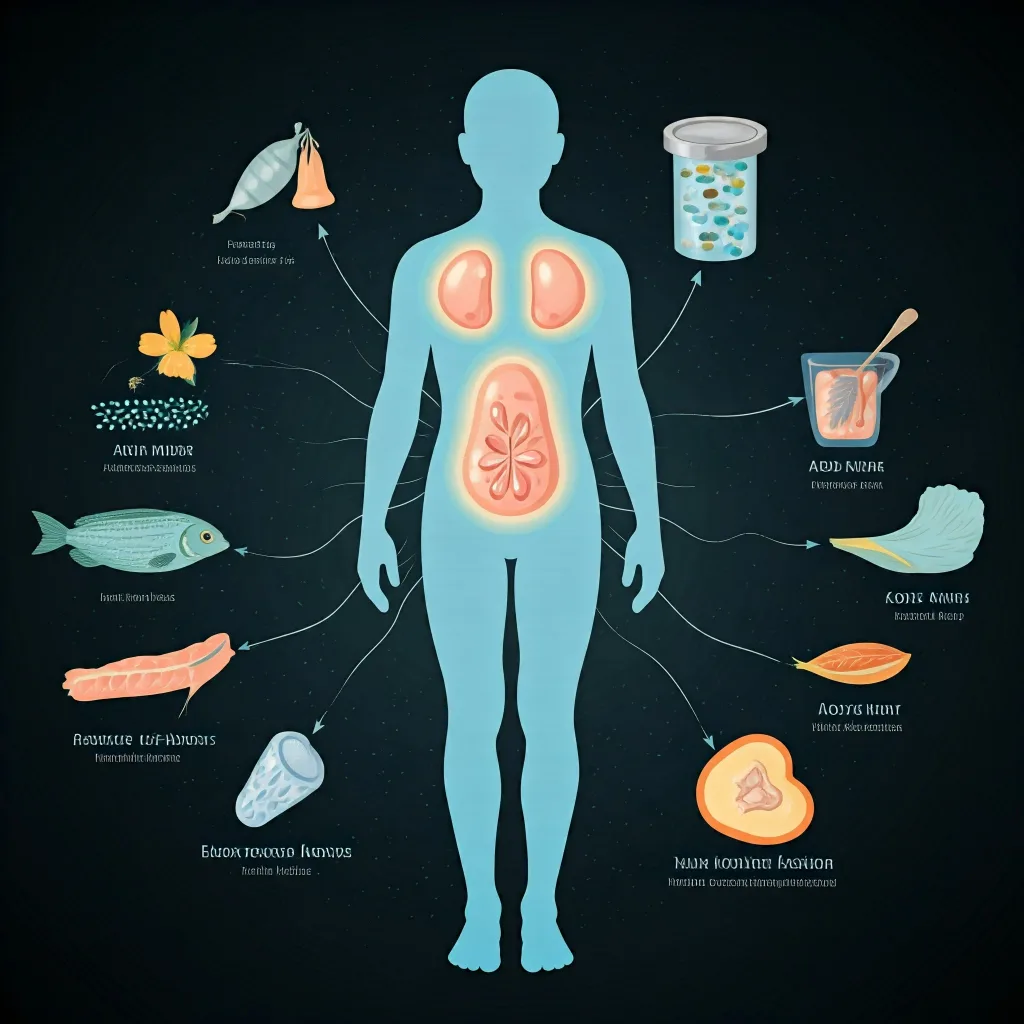Allergic reactions ensue as a response of the body to such substances that are otherwise harmless, growing from mild discomfort to severe and prolonged health conditions. Such substances, commonly known as allergens, are wrongly perceived as harmful, triggering the immune system to respond by discharging chemical bodies like histamines. Even if the body releases other inflammatory mediators like cytokines and prostaglandins, histamines are considered the major contributor to allergic symptoms.
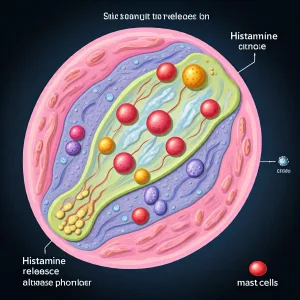
Signs and Symptoms
This results in the expansion of blood vessels and skin swelling, followed by symptoms such as uncontrollable sneezing, itching, and rashes, a runny nose, and in some cases, more severe reactions like breathing difficulties. If left untreated or in severe cases, a condition occurs called anaphylaxis, where exposure to allergens can lead to low blood pressure, skin hives, dizziness, and severe breathing difficulty. This can occur in some people who are allergic to certain seafood, such as shellfish. Treating allergic reactions is vital to prevent further complications.
Diagnosis
In allopathy, diagnostic tests such as skin prick tests or specific Immunoglobulin E (IgE) blood tests are advised. In Kerala, skin prick tests are rarely used, while IgE blood tests are widely prescribed to identify the presence of immunoglobulin antibodies in the blood in response to different allergens.
Allergic Rhinitis (Hay Fever)
Allergic rhinitis, often known as hay fever, is the response of the body’s immune system to allergens such as pollen particles, leading to inflammation in the nasal passages, sneezing, and itching. The most prevalent cause of allergic rhinitis, especially during seasonal changes, is pollen. However, other allergens like dust mites, dander, and fungal spores can trigger similar symptoms.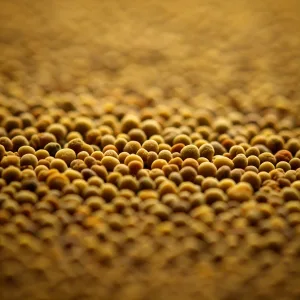
Types of Allergic Rhinitis
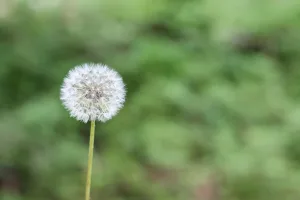 Seasonal Allergic Rhinitis: This allergy is stimulated by outdoor allergens, particularly during spring when pollen counts are high.
Seasonal Allergic Rhinitis: This allergy is stimulated by outdoor allergens, particularly during spring when pollen counts are high.- Perennial Allergic Rhinitis: Unlike seasonal allergies, this form occurs at any time throughout the year, with symptoms often triggered by indoor allergens such as mites, pet dander, fungi, mildew, and cockroach debris.
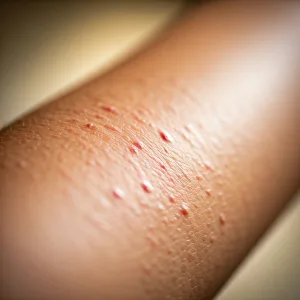 Symptoms of Allergic Rhinitis:
Symptoms of Allergic Rhinitis:
- Sneezing and watery eyes
- Runny and stuffy nose
- Itchy eyes, nose, and throat
- Coughing due to excess mucus known as postnasal drip
- Fatigue
- Eczema or atopic dermatitis (dry and itchy skin that can blister and weep)
Causes
Allergies occur when the immune system responds to pollen or dust by releasing histamine, causing inflammation, sneezing, and mucus production. Histamine is a natural chemical that defends your body from the allergen.
Other Types of Rhinitis
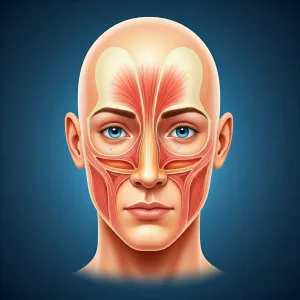 Non-Allergic Rhinitis: Inflammation of nasal tissues that results in sneezing, nasal congestion, runny nose, or postnasal drip.
Non-Allergic Rhinitis: Inflammation of nasal tissues that results in sneezing, nasal congestion, runny nose, or postnasal drip.- Gustatory Rhinitis: Characterized by the acute onset of watery or mucoid rhinorrhea provoked by the ingestion of hot and spicy food.
- Atrophic Rhinitis: Characterized by crusting, obstruction, halitosis, purulent discharge, dryness, and epistaxis. Nasal mucosa and glandular atrophy are prominent in primary atrophic rhinitis, which mainly affects people living in dry, warm climate areas.
- Vasomotor Rhinitis: Often triggered by factors like chemical irritants, cleaning agents, and environmental conditions such as temperature, humidity, and barometric pressure.
- Infectious Rhinitis: Caused by viral rather than bacterial agents.
- Occupational Rhinitis: Associated with nasal symptoms such as congestion, rhinorrhea, nasal itching, and sneezing, following exposure to specific agents in the workplace.
Potential Complications
The potential complications of rhinitis occur when it is left untreated, leading to severe conditions as follows:
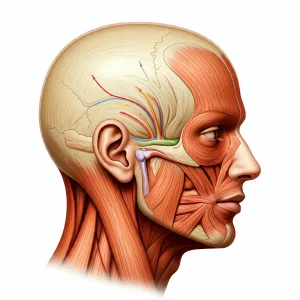 Sinusitis or sinus infections occur when the hollow spaces in the facial bones become inflamed or blocked due to chronic nasal congestion. This blockage holds mucus and can lead to bacterial growth, resulting in an infection. Symptoms may include facial pain around the nose and eyes, headaches, thick nasal discharge, and breathing difficulties.
Sinusitis or sinus infections occur when the hollow spaces in the facial bones become inflamed or blocked due to chronic nasal congestion. This blockage holds mucus and can lead to bacterial growth, resulting in an infection. Symptoms may include facial pain around the nose and eyes, headaches, thick nasal discharge, and breathing difficulties.- Ear infections due to fluid formation in the middle ear as a result of blocked Eustachian tubes, leading to ear pain and hearing loss.
- Sleep disturbances caused by continuous nasal blockage that can restrict normal breathing during sleep, causing snoring and a sleep disorder called sleep apnea. This can lead to fatigue and lack of concentration and productivity.
- Asthma and impaired gustatory and olfactory senses are also developed in some cases.
KNORHIN: Homeopathic Remedy for All Types of Allergy

Homoeopathy offers a holistic approach to treating all types of allergic diseases by understanding the root causes of the disease. KNORHIN, a homeopathic medicine, works effectively to cure you from allergic rhinitis by healing you from within your body without causing any side effects. As perceived in homoeopathy, symptoms indicate an internal disturbance of bodily equilibrium. KNORHIN addresses the root cause of the allergy by stimulating the innate healing capacity of the body and rebalancing the natural immune system, thereby reducing hypersensitivity to allergens. Unlike conventional treatments like allopathy that often suppress symptoms, bringing repercussions as other severe conditions, KNORHIN works from within, promoting the expression of symptoms and enhancing natural healing without causing adverse effects. This method reinforces the vital forces of the body organically over time, making it more resilient to allergic conditions and providing a complete cure.
